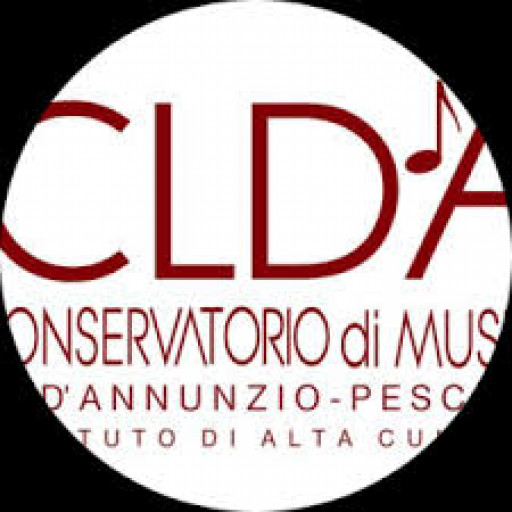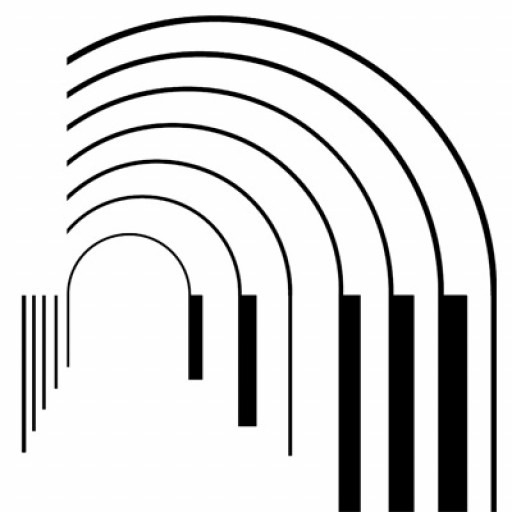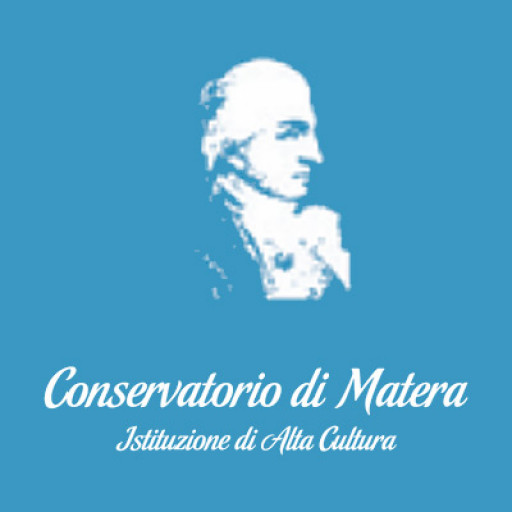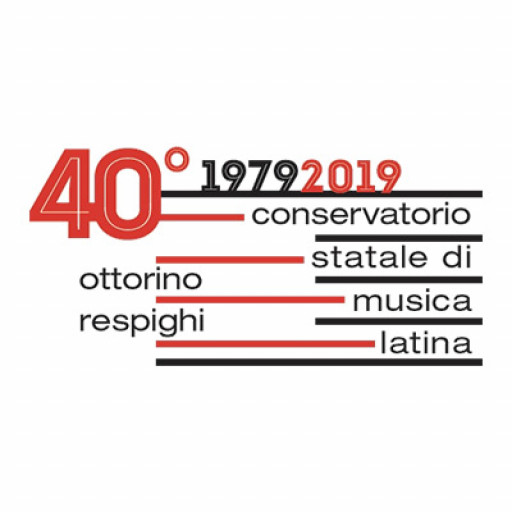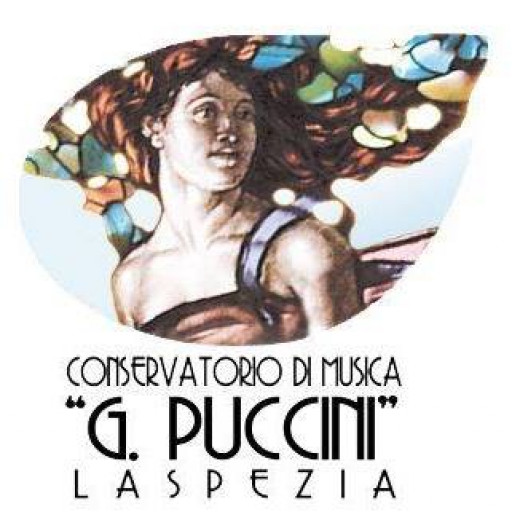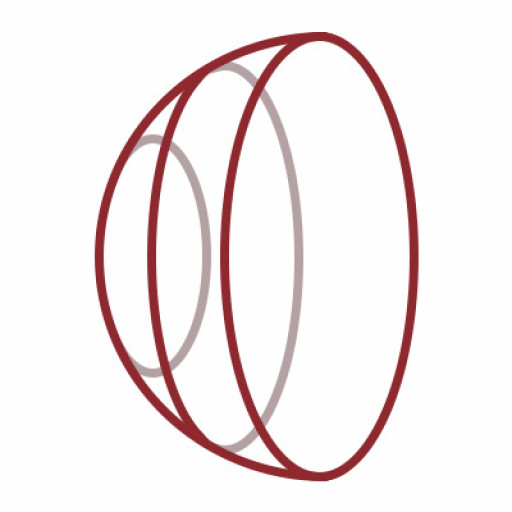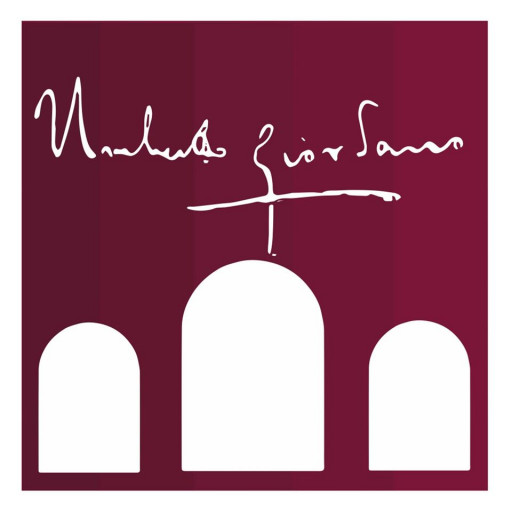Photos of university / #northwesternu
Sound Arts and Industries at Northwestern University offers a comprehensive and innovative curriculum designed to prepare students for dynamic careers in the evolving field of sound technology, production, and industry practices. This program integrates theoretical knowledge with practical skills, emphasizing the creative and technical aspects of sound design, audio engineering, and sound production across a variety of media platforms. Students engage with cutting-edge tools and methodologies, including audio recording, mixing, editing, and sound synthesis, while exploring the role of sound in film, television, live performance, video games, virtual reality, and other emerging media forms.
The curriculum is structured to foster interdisciplinary collaboration, encouraging students to work closely with peers in music, theater, film, and digital media. Courses cover a broad spectrum of topics such as sound theory, acoustics, mood and atmosphere creation, soundscapes, and the psychological effects of sound. Students also gain hands-on experience with studio recording, live sound reinforcement, audio post-production, and sound installation projects. The program emphasizes both technical proficiency and artistic expression, enabling students to develop their own unique voice and approach in the diverse field of sound arts.
In addition to coursework, students have access to state-of-the-art facilities equipped with professional-grade audio recording and editing equipment. Opportunities for internships, industry projects, and collaborations with faculty involved in research and production ensure that students graduate with real-world experience and a strong professional network. The program also encourages innovation and entrepreneurship, preparing students to create their own sound-based projects, start their own ventures, or pursue advanced studies.
Graduates of the Sound Arts and Industries program are well-equipped to enter careers in sound design, audio engineering, multimedia production, live sound, media arts, and related fields. They are also prepared for further academic pursuits such as master's or doctoral studies in sound arts, media production, or related disciplines. With a focus on both technical expertise and creative development, Northwestern University’s Sound Arts and Industries program aims to cultivate the next generation of sound professionals who are capable of shaping the future of sound in media and entertainment industries around the world.
| 4 Core Courses (1 credit each) |
| 5 Elective Courses (1 credit each) |
| 1 Study in Sound |
| 1 Summer Internship (3 credits) |
| TOTAL: 12 credits |
Students are expected to maintain a B average.
Courses
The four core courses of the MA curriculum – in sound studies, sound production, sound science and sound industries – embody the innovative approach to sound that is only available at Northwestern. You will work with artists and designers to develop skills at recording and mixing audio. You will acquire deep knowledge of the culture and politics of sound from scholars and historians. You will study with researchers to understand the neurophysiology of hearing. You will learn about the workings of the sound industries from Northwestern faculty as well as visiting artists and executives.
When you leave the program, you will have an understanding of sound that extends from the neurons in your brain, to the waves in the air, to performances that convene audiences, to the technologies and industries that carry those sounds around the world.
| Core courses (4) - Each course is 1 credit | |
| SAI 500 – Introduction to Sound Studies | A grounding in Sound Studies designed for sound professionals, bringing together research that analyzes sound as a creative practice, a powerful form of cultural expression, and as a sensory mode integral to our lives. Students take this course at the same time as the production course SAI 501. As a result, students are prompted to simultaneously learn how sound works and how sound means, an interplay that is unique to our program. Students will be introduced to a range of sound-based industries and learn how they work together. |
| SAI 501 – Introduction to Sound Production | Covers the central skills used by sound professionals working across a variety of audio-related professions. The class will be divided into three main sections: 1) fundamentals of sound (from the production standpoint), 2) analog audio technology, and 3) digital audio technology. In each section, learning will be reinforced by hands-on demonstrations in the studio and the classroom. |
| SAI 502 – Introduction to Sound Science | Explores how speech and music are processed by the nervous system. Auditory learning and the brain’s ability to change with sonic experience will be explored through a range of case studies related to vocal learning (birdsong), auditory expertise (bilinguals and musicians), and training and remediation strategies for the treatment of communication difficulties. Students are shown the vital social implications of sound science through discussions of hearing health, music education, and clinical approaches to communication disorders. |
| One of several Sound Industries courses | These courses provide an overview of and orientation to one or more sound-based industries. |
| Elective courses (5) - Each course is 1 credit Sample electives (the following courses are not always offered each year): |
| Aural Storytelling |
| Field Recording |
| Sound and Vision: Narrative |
| Sound and Ethnography |
| Sound in Science Fiction Film |
| Sound Art |
| Multichannel Sound |
| Sound in Animation |
| Theatre Sound |
| Contemporary Podcasting |
| Documentary Sound |
| Sound and the Clinic |
| Psychoacoustics |
| History of Recording |
| Queer Musicality |
| Game Sound |
| Speech Perception |
| Electronic Dance Music |
| Sound Cultures |
Other Requirements
Students are required to present a “Study in Sound” consisting of work completed during coursework at a Spring Symposium. These can take the form of an installation, soundtrack, podcast, documentary, performance piece, research essay, or a variety of other formats and genres.
Students are required to complete a Summer internship (3 credits) in conjunction with the satisfactory completion of an online course. Our program has a dedicated staff member to help find an internship at a corporation, radio station, production house or community organization, working with our alumni networks and industry and community partners to find the right fit. Where an internship may not be feasible for a student, a thesis option is available.
A typical student schedule might appear as follows:
| Quarter | Courses |
|
Fall: |
Intro to Sound Studies [Required] |
|
Winter: |
Advanced Sound Production or Elective |
|
Spring: |
Seminar in Sound Production or Elective |
|
Summer: |
Internship |
Requirements
- Completed online application, including a statement of purpose, resume, and $40 application fee.
- The names and addresses of three (3) persons who will submit recommendations for you. Recommenders should be familiar with your professional or academic work and should be able to comment meaningfully on your potential for success in a graduate course of study.
- Transcripts from all colleges and universities attended. An unofficial copy of each transcript should be included with the online application. Once admitted, official transcripts must be submitted before the first day of classes.
- Official transcripts must be sent in envelopes sealed by the issuing colleges or universities. PDF files originating from the issuing college or university are acceptable when sent directly to the Admissions Office at sound@northwestern.edu. Transcripts not received in this manner are not considered official and will not be accepted.
- Applicants who earned or will earn their bachelor’s degree outside of the U.S. must submit all transcripts to Educational Credential Evaluators (www.ece.org) or World Education Services (www.wes.org) for a course-by-course verification. Applications will not be reviewed without the degree verification. Note that many departments at Northwestern University use these services, so please be sure to select the MA in Sound Arts and Industries program as the recipient of your evaluation. Foreign transcripts sent directly to our office will not be accepted.
- TOEFL score for international applicants
- A minimum overall score of 100 is required with a minimum score of 26 on the “Speaking” section. Students with TOEFL scores below these standards will not be accepted. The test must have been administered no more than two years prior to the application date. The program does not accept the IELTS test.
- The TOEFL may be waived for applicants who earned their bachelor’s or graduate degree from a university where English was the primary language of instruction.
Scholarships
- Program-based Funding. Merit-based grants are available from the MASA&I program. If the applicant is selected for a grant, it will be included in the admission offer letter. Scholarships are not currently available for international applicants.
- University-based Funding
- Global Education
Sound Arts and Industries at Northwestern University offers a comprehensive and interdisciplinary approach to the study of sound, music, and audio technology. The program is designed to equip students with technical skills, artistic insight, and industry knowledge necessary for careers in sound production, audio engineering, music technology, sound design, acoustic research, and related fields. Students have access to state-of-the-art facilities, including dedicated recording studios, sound design labs, and audio production equipment, enabling hands-on learning and innovative experimentation. The curriculum balances theoretical coursework in acoustics, sound theory, and musicology with practical training in digital audio workstations, sound editing, mixing, and mastering.
The program emphasizes creative exploration and encourages students to develop individualized projects that integrate technical proficiency with artistic expression. Collaboration with other departments, such as music, theatre, and digital media, provides a multidisciplinary environment conducive to developing diverse skill sets. Faculty members are distinguished professionals and researchers actively engaged in the fields of sound design, music technology, acoustics, and audio production, offering mentorship and industry insights.
Students also benefit from Northwestern’s strong industry connections through internships, live project opportunities, and partnerships with media companies, music studios, and technology firms. These experiences prepare graduates for dynamic careers in entertainment, broadcasting, video game audio, virtual reality, installation art, and hardware/software development. The program encourages participation in performances, exhibitions, and competitions to showcase student work and foster professional networking. Graduates from the Sound Arts and Industries program are well-positioned to contribute to evolving sound industries with innovative, technically advanced, and artistically meaningful work, supporting Northwestern University’s reputation as a leader in interdisciplinary arts education.

